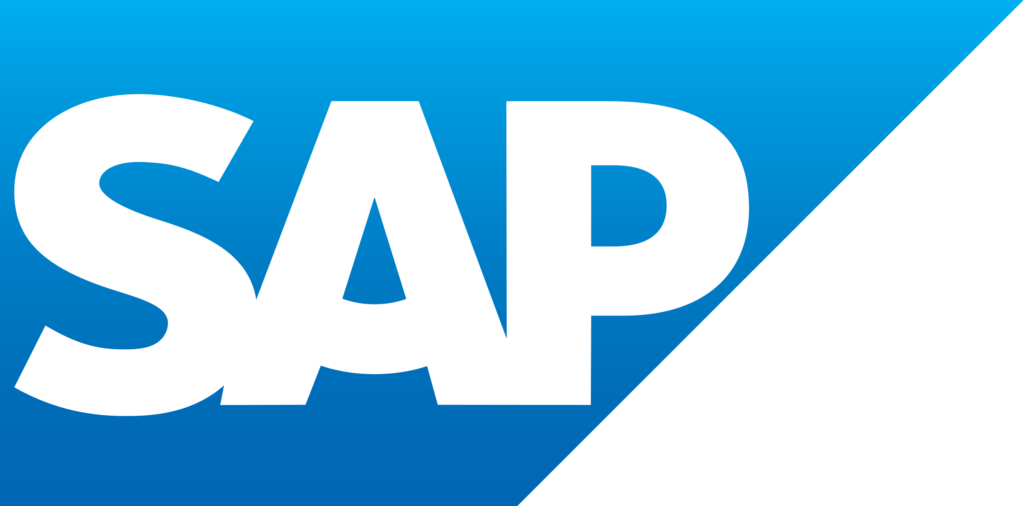As if Covid was not enough of a big change, we now enter a transition phase to the AI era. How can your teams adapt and thrive in such a period?
Well, you would need to motivate your employees to be more innovative, to think outside the box and start mastering AI tools.
Good news is: this is what Butzi covers in his keynotes and workshops!
As if Covid was not enough of a big change, we now enter a transition phase to the AI era. How can your teams adapt and thrive in such a period?
Well, you would need to motivate your employees to be more innovative, to think outside the box and start mastering AI tools.
Good news is: this is what Butzi covers in his keynotes and workshops!
Butzi, speaker and expert in generative AI, challenges preconceived notions and unveils the full potential of this revolutionary technology.
A former professional magician, he now uses magic as an educational tool to simplify complex concepts and inspire innovative solutions.
With over 8 years of experience in creativity and innovative thinking, 2 books, and 4 captivating TEDx talks on our relationship with work, Butzi offers a unique and pragmatic perspective on AI.
A technophile and passionate advocate of genAI, he founded a consulting firm dedicated to supporting businesses in deploying AI and training teams. His pragmatic, human-centered approach transforms AI into a true catalyst for productivity and creativity.
















Butzi, speaker and expert in generative AI, challenges preconceived notions and unveils the full potential of this revolutionary technology.
A former professional magician, he now uses magic as an educational tool to simplify complex concepts and inspire innovative solutions.
With over 8 years of experience in creativity and innovative thinking, 2 books, and 4 captivating TEDx talks on our relationship with work, Butzi offers a unique and pragmatic perspective on AI.
These are the topics Butzi talks about in his Keynotes and Workshops to trigger innovation, create a bulletproof creative culture and bring your company to the next level. Sharing his experiences as a magician and entrepreneur, he will create unforgettable experiences.


















In Butzi’s case, his job is to bring a touch of magic to his messages, sharing fresh perspectives on how to adopt AI and think creatively. He will inspire your employees to work with passion and stay agile.
Magic is a powerful communication tool that Butzi uses to break the ice, keep his audience alert and bring interaction in between two important messages. He only performs strong, modern mentalism pieces adapted to the corporate world – with a pinch of humor. The aim is for the audience to experience illusion that are coherent with the message, so Butzi creates metaphors and bridges between the world of magic and AI.
A simple way to put it is to think of keynote as the best format to inspire a large audience. If you have a smaller team and need a more in-depth training, a workshop will be better. And last but not least, to create lasting change you might need a mix of all that, including some consulting.
In his keynotes, Butzi talks about AI and how to master it, about the attitude necessary to be creative in the workplace, and how to think outside the box. Ai is a great tool to save time, energy and emotional energy to reinvest in more high value areas.
Yes, they can be customized to fit each business’s goals, team’s profile and needs.
The cost depends on the format (keynote, workshop, else), the length, the number of guests, and the location. Contact us here for a personalized quote.
Keynotes can be delivered in-person or virtually.
The first step is to contact Butzi here to discuss details. You will then be able to discuss details, dates and conditions with Butzi to see if the format and the topic fit your needs.










Pour offrir les meilleures expériences, nous utilisons des cookies pour stocker et/ou accéder aux informations des appareils. Votre consentement nous permettra de traiter des données telles que le comportement de navigation ou les identifiants uniques sur ce site.